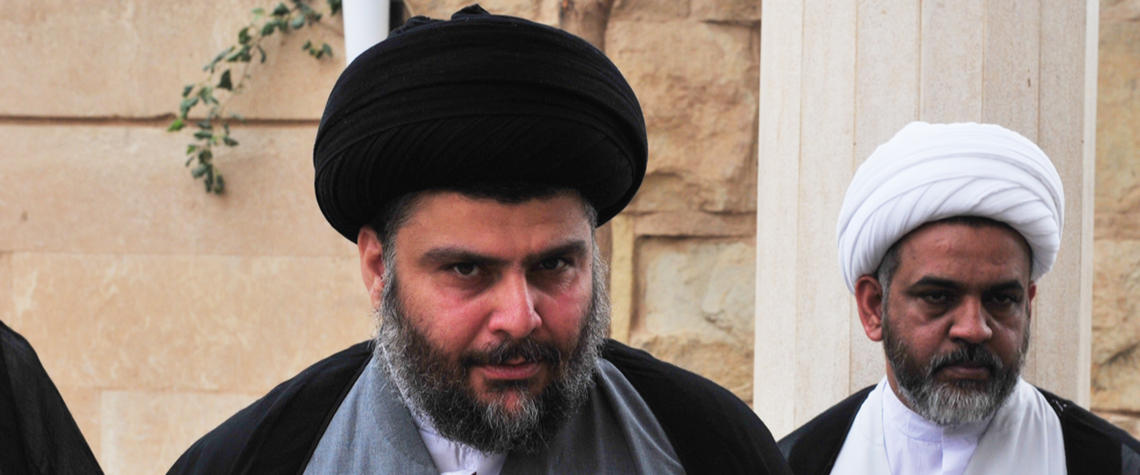Iraqi election results offer domestic gas promise
A poor showing for Iranian-backed factions may add impetus to efforts to reduce import dependence
The results of Iraq’s mid-October parliamentary elections saw losses for pro-Iran parties and gains for those—at least currently—opposing Tehran’s influence. And that could be good news for a drive to increase Iraq’s domestic gas production, in turn reducing import requirements from its eastern neighbour. Iran-aligned officials have long obstructed gas development projects aimed at weaning Iraq off this dependence, given it would weaken Tehran’s political and economic influence in Iraq. The election results could promise a reduction in these obstacles, although they are unlikely to be removed entirely. Fatah, hitherto the largest pro-Iranian faction in parliament, was the poll’s main loser,

Also in this section
17 February 2026
The 25th WPC Energy Congress, taking place in Riyadh, Saudi Arabia from 26–30 April 2026, will bring together leaders from the political, industrial, financial and technology sectors under the unifying theme “Pathways to an Energy Future for All”
17 February 2026
Siemens Energy has been active in the Kingdom for nearly a century, evolving over that time from a project-based foreign supplier to a locally operating multi-national company with its own domestic supply chain and workforce
17 February 2026
Eni’s chief operating officer for global natural resources, Guido Brusco, takes stock of the company’s key achievements over the past year, and what differentiates its strategy from those of its peers in the LNG sector and beyond
16 February 2026
As the third wave of global LNG arrives, Wood Mackenzie’s director for Europe gas and LNG, Tom Marzec-Manser, discusses with Petroleum Economist the outlook for Europe’s gas market in 2026







